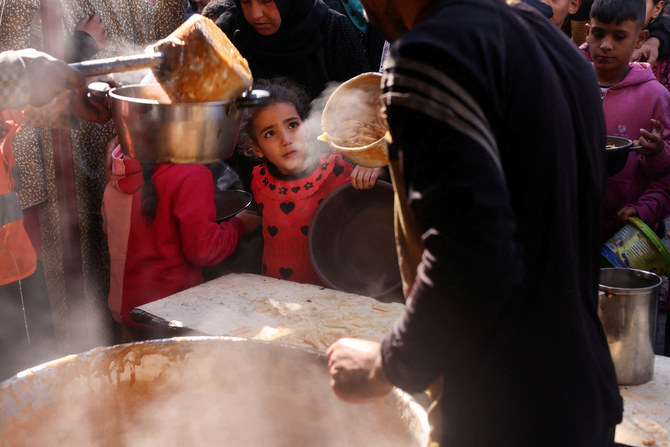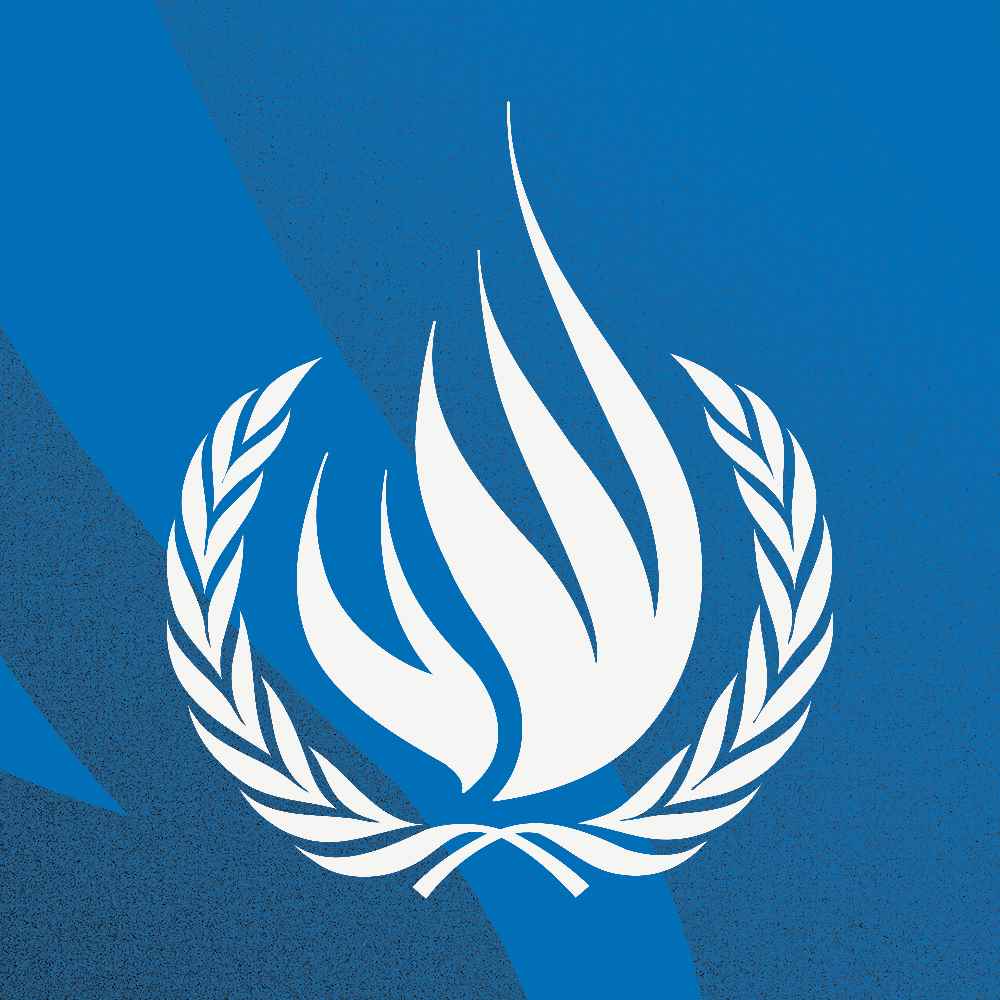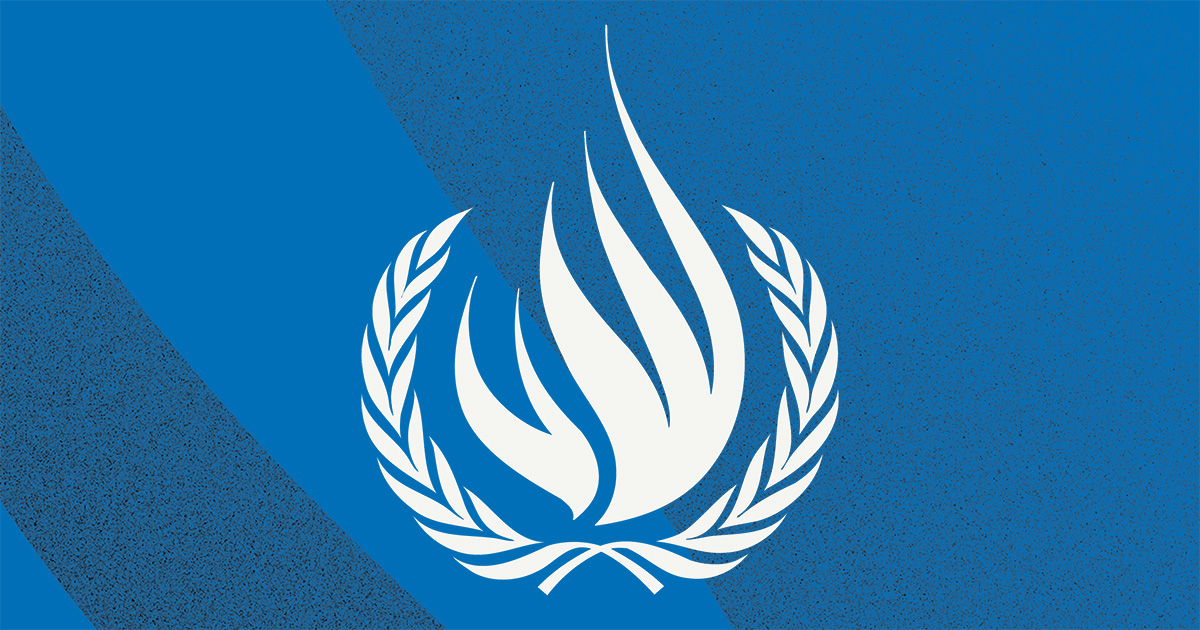
GENEVA (12 August 2022) – UN experts* today said the international community must dramatically step up efforts to urge de facto authorities to adhere to basic human rights principles, warning that Afghanistan"s future is bleak if more is not done to reverse the deteriorating human rights situation, particularly for women and girls. Their statement is as follows:
"It has been one year since the takeover of Afghanistan by the Taliban. At that time, we again called on the international community to take stringent actions to protect Afghans from human rights violations including arbitrary detention, summary executions, internal displacement, and unlawful restrictions on their human rights, in particular those most likely to be affected such as women and girls and vulnerable citizens, people with disabilities, human rights defenders, journalists, artists, religious and other minorities, educators and civil society actors.
We said that the international community will be judged on our actions, our fortitude, and our willingness to make our words about rights have meaning in this decisive moment. One year later, we reiterate this call. Despite making numerous commitments to uphold human rights, the Taliban have not only failed to deliver on their promises, they have also reversed much of the progress made in the past two decades.
Moreover, the humanitarian and economic crisis, which has already caused immeasurable harm to millions, has not abated and is predicted to worsen partly due to the interruption of international development assistance and the freezing of Afghan assets abroad.
Since August 2021, we have seen a plethora of human rights violations committed by the Taliban, with their virtual erasure and systematic oppression of women and girls from society being particularly egregious. Nowhere else in the world has there been as wide-spread, systematic and all-encompassing an attack on the rights of women and girls – every aspect of their lives is being restricted under the guise of morality and through the instrumentalization of religion. Discrimination and violence cannot be justified on any ground.
Regrettably, there is little or no sign that the human rights situation is turning a corner. Indeed, the daily reports of violence – including extra-judicial killings, disappearances, arbitrary detention, torture, heightened risks of exploitation faced by women and girls including for the purposes of child and forced marriage, and a breakdown in the rule of law – gives us no confidence that the Taliban has any intention of making good on its pledge to respect human rights.
The abolition of independent oversight mechanisms and institutions that protect human rights, especially the Afghanistan Independent Human Rights Commission, leaving Afghans with no avenue for redress. The administration of justice has been compromised, with the applicable law unclear and judges and other judicial officials replaced, especially affecting women. Press freedom has been suppressed with access to information curtailed. Journalists, human rights defenders and civil rights activists have either left the country or quit their activities altogether and gone into hiding. Many educators, academics and artists have been forced to do the same.
Attacks on religious and ethnic minorities, some of them claimed by ISIL-KP, have also flared up, emboldened by the inability or unwillingness of the Taliban to protect them and ongoing discrimination. Places of worship, schools and vehicles have repeatedly been attacked.
In the absence of an inclusive and representative government, the prospects for long-lasting peace, reconciliation and stability will remain minimal.
With the humanitarian situation predicted to worsen, the international community bears responsibility for ensuring with the greatest urgency that Afghans receive the basic necessities of life including food, water, education, a livelihood and a safe home.
We reiterate our call to the de facto authorities to abide by their international obligations under international treaties, to which Afghanistan is a State party. The future is immensely bleak for Afghans if more is not done by the international community to ensure the Taliban changes its modus operandi and complies with its human rights obligations.
The de facto authorities seek international recognition and legitimacy. Regrettably, they continue to abuse almost all human rights standards while refusing to offer even a modicum of respect for ordinary Afghans, in particular women and girls. Most recently, we have witnessed that the Taliban appear to have been harbouring the leader of Al Qaeda. That said, the recent US drone strike also raises concerns of a violation of international law.
Until it demonstrates significant steps towards respecting human rights including by immediately reopening girls’ secondary schools and restoring their access to a quality education, they should not be on a path to recognition.
After a year of waiting for the Taliban to respect human rights and being misled by their false promises, it is time to rapidly step up efforts to ensure accountability for violations of international human rights law and humanitarian law. Impunity will only lead to further violations and deterioration of the human rights situation in the country.
Accordingly, we call on the Taliban to:
Abide by all international human rights and humanitarian law obligations and commitments incumbent upon Afghanistan, fully implement the human rights standards that Afghanistan has freely accepted, including respecting the rights of girls and women to education, employment, and participation in public life, upholding the rights of persons belonging to minority communities, and constructively engaging with human rights mechanisms.
Immediately open all secondary schools for girls and restore their access to a quality education, as well as lifting the restrictions imposed on women’s mobility, attire, employment and political participation and immediately cease all acts of violence against them.
Respect the general amnesty and immediately stop all reprisals against members of the former government’s security forces, other officials and civil society, especially human rights defenders, including women.
Allow free, unhindered access for human rights monitors and humanitarian actors throughout the country including to sensitive locations including all places of detention.
Immediately reinstate the Afghanistan Independent Human Rights Commission, the bar associations, and other relevant unions, and allow them to operate freely and independently.
We call on members of the international community to:
Ensure that civilians have equitable access to humanitarian aid and that the humanitarian community work with women and minority groups to ensure aid is reaching those most in need.
Support the mandate of the Special Rapporteur on Afghanistan to report on the human rights situation, document violations with a view to accountability and advocate with the Taliban and the international community with a view to ensuring that the human rights of all Afghans are respected. This should include support for collaborative work with other relevant mandate holders especially those focusing on women’s rights.
Support ongoing initiatives of Afghan women leaders and thinkers, as well as civil society groups, including women human rights defenders, to design and implement – under Afghan women’s leadership – a strategy to promote the rights of women and girls, with clear benchmarks and expectations.
Maintain and/or adopt sustained and robust humanitarian exemptions within all international and domestic sanctions regimes to ensure compliance with international human rights and humanitarian law. Such measures should be fit for purpose, ensure that sanctions measures do not interfere with protected humanitarian action under international law, and function to remediate the current humanitarian crises and to prevent sanctions from continuing to exacerbate the humanitarian human rights crises being faced by the Afghan people.
Adopt measures that would pave the way for Afghanistan’s economy to recover.”
*The experts:Richard Bennett,Special Rapporteur on the situation of human rights in Afghanistan; Morris Tidball-Binz, Special Rapporteur on extrajudicial, summary or arbitrary executions; Fabián Salvioli, Special Rapporteur on the promotion of truth, justice, reparation and guarantees of non-recurrence; Clément Voule, Special Rapporteur on the rights to freedom of peaceful assembly and of association; Mary Lawlor, Special Rapporteur on the situation of human rights defenders; Nazila Ghanea, Special Rapporteur on freedom of religion or belief; Felipe Gonzalez Morales, Special Rapporteur on the human rights of migrants; Siobhán Mullally, Special Rapporteur on trafficking in person, especially women and children; Cecilia Jimenez-Damary, Special Rapporteur on the human rights situation of internally displaced persons; Tomoya Obokata, Special Rapporteur on contemporary forms of slavery, including its causes and consequences; Gerard Quinn, Special Rapporteur on the rights of persons with disabilities; Diego García-Sayá, Special Rapporteur on the independence of judges and lawyers; Melissa Upreti (Chair), Dorothy Estrada Tanck (Vice-Chair), Elisabeth Broderick, Ivana Radačić, and Meskerem Geset Techane , Working Group on discrimination against women and girls; Fionnuala Ní Aoláin, Special Rapporteur on the promotion and protection of human rights and fundamental freedoms while countering terrorism; Alexandra Xanthaki, Special Rapporteur in the field of cultural rights; Reem Alsalem, Special Rapporteur on violence against women, its causes and consequences.
The Special Rapporteurs, Independent Experts and Working Groups are part of what is known as the Special Proceduresof the Human Rights Council. Special Procedures, the largest body of independent experts in the UN Human Rights system, is the general name of the Council’s independent fact-finding and monitoring mechanisms that address either specific country situations or thematic issues in all parts of the world. Special Procedures’ experts work on a voluntary basis; they are not UN staff and do not receive a salary for their work. They are independent from any government or organization and serve in their individual capacity.
For more information and media requests, please contactNaveed Ahmad (Naved.ahmad@un.org).
For media inquiries related to other UN independent experts, please contact Renato Rosario De Souza (renato.rosariodesouza@un.org) or Dharisha Indraguptha (dharisha.indraguptha@un.org)
Follow news related to the UN"s independent human rights experts on Twitter @UN_SPExperts
Concerned about the world we live in?
Then STAND UP for someone"s rights today.
#Standup4humanrights
and visit the web page at http://www.standup4humanrights.org











